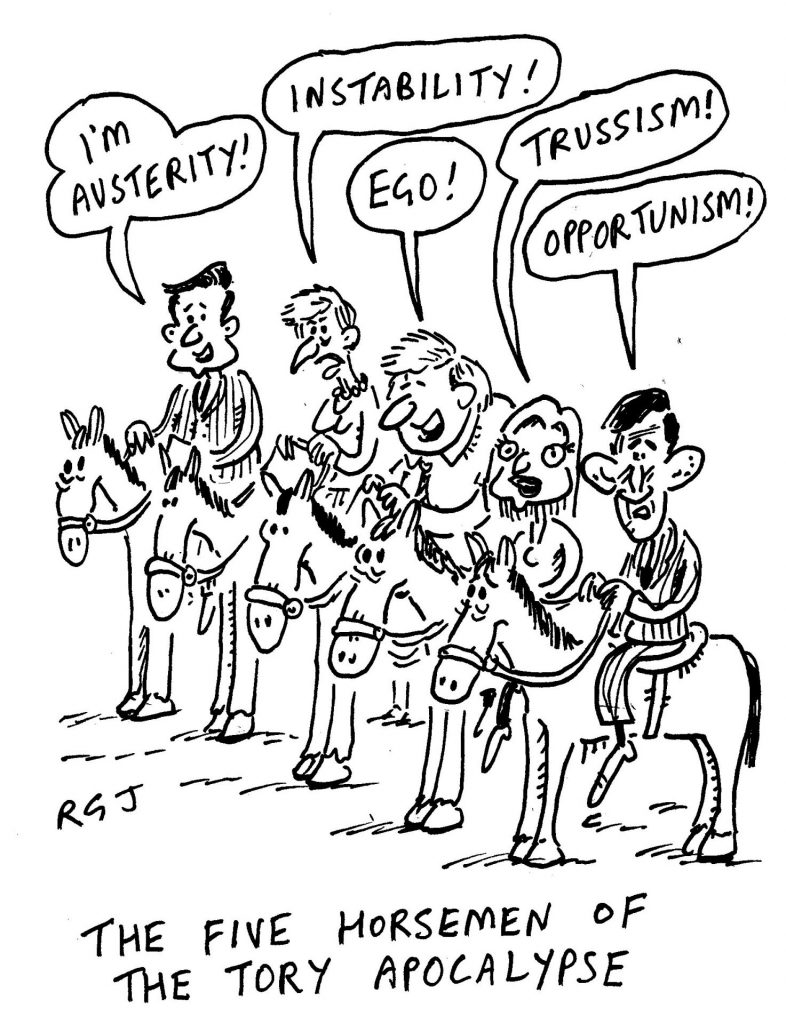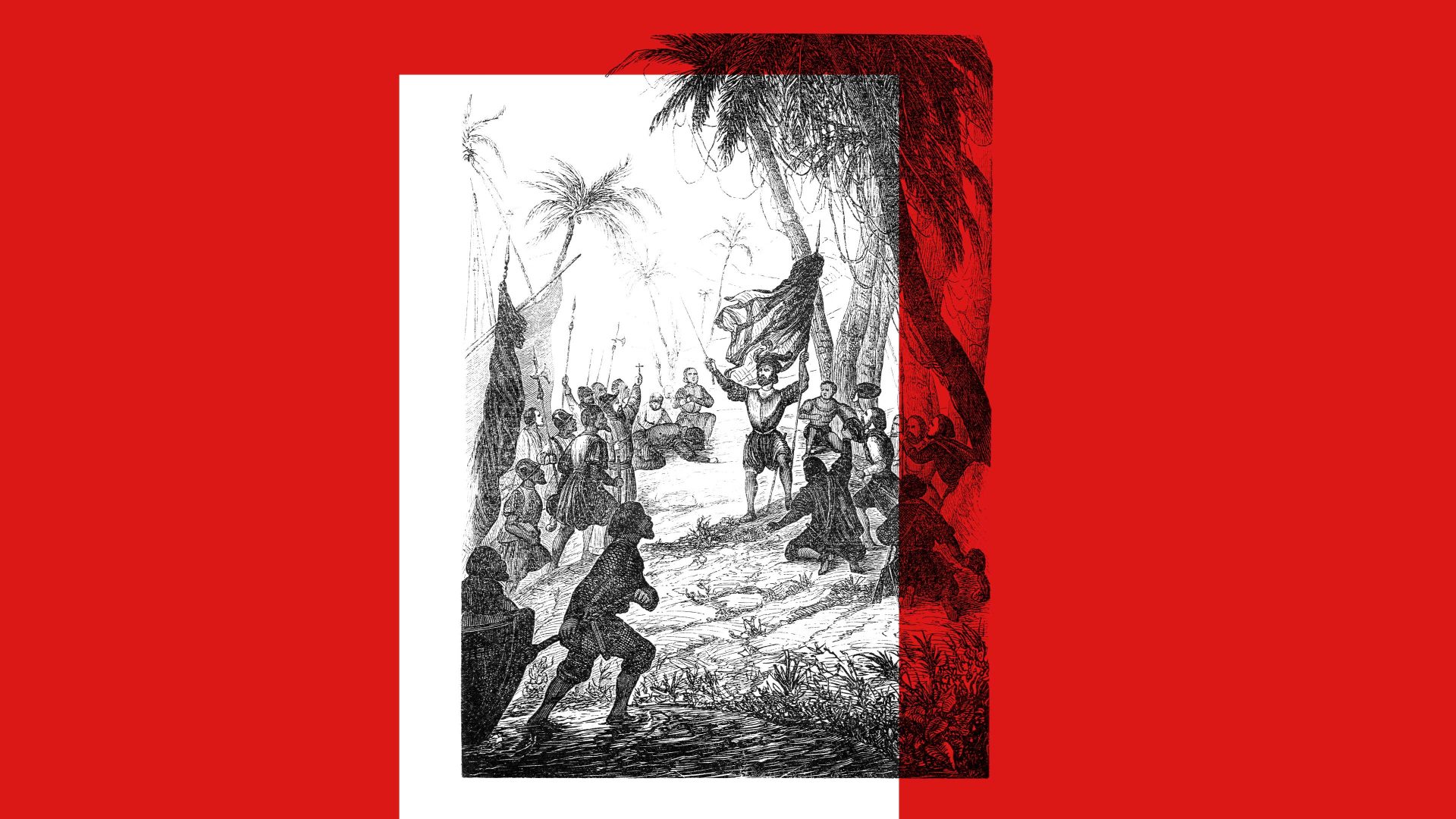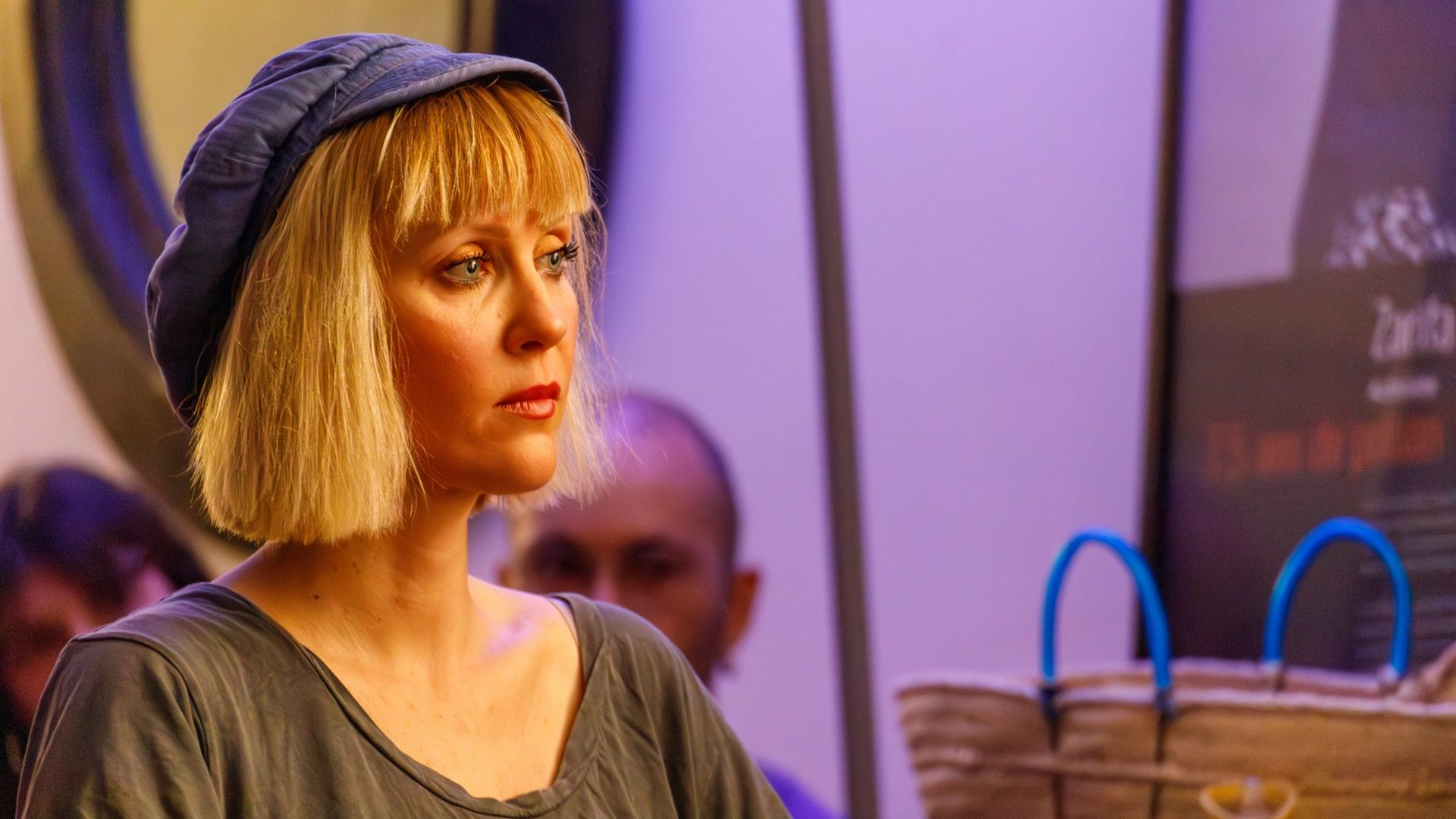Yuval Noah Harari is a very clever man. It’s why his very clever books have sold in the millions. It’s why he can pack venues around the world. It’s why Rory Stewart and I were keen to have him on our podcast a few weeks ago. It’s why the two episodes we put out are among the most listened to on record. It’s why we were keen to have him on again as the horrific events in Israel and Gaza unfolded.
When we interviewed him first time around, it was against the background of his becoming ever more radicalised amid the huge protests against Israeli prime minister Benjamin Netanyahu’s judicial reforms. Harari’s love of his country, and hatred of what the most right wing government in Israel’s history was doing to it, were clear. But the overall sense was of a fairly normal interview with a very clever guy in just another country going through turbulent times. We covered themes we write about a lot in the New European, and talk about a lot on The Rest Is Politics – populism, polarisation and post-truth – and our shared fears about where it is all heading.
We bemoaned the seeming lack of will, both in Israel and beyond, required to restore momentum to the Middle East peace process. Given the extremists Netanyahu was embracing to his cabinet, and their essential belief that peaceful co-existence was neither possible nor desirable, the “two-state solution” felt distant indeed. But then so did the kind of violence, mayhem and political crisis that has erupted since.
There have been lots of comparisons with the 9/11 attacks in New York. Not all the comparisons are valid, but one that certainly applies is that what happened on October 7, and the decisions being made in the immediate aftermath, will affect us all, and shape in ways large and small the geopolitics and the security of the world for years to come.
So on the latest interview, we expected Harari to be emotional, and he was. We expected him to emanate fear and anxiety, even despair at times, and he did. He has relatives who survived the attack on one of the kibbutzim which had witnessed barbaric bloodshed. He said that for now, both Israelis and Palestinians could barely find “a millimetre” of emotional space to do anything other than feel their own pain.
It was all the more remarkable then, that amid all this, in a way so few political leaders have done, he was able to keep his focus trained on some of the fundamentals of the situation that risk being forgotten amid all the emotion. Such as: Hamas may be evil, but nobody should equate all Palestinians with Hamas. The world took relative peace in the area for granted. Netanyahu is a dangerous demagogue who took his eye off the ball because he was too busy seeking to divide and rule. Israelis are scared. But so are Palestinians, and both deserve support. Democracies must never stoop to the level of terrorists in the way they fight. The law matters. Ultimately there must be a political process. We can be victim and perpetrator at one and the same time. Ultimately we are all human.
At one point, Harari delivered the speech he believed Netanyahu should make – accepting responsibility, vowing to see the crisis through, and then go. There was a beauty and a logic to the idea. But it is precisely because there is such a logic to it, laced with morality, that it will almost certainly never happen.
In both interviews, we discussed the best-known populist leaders, Donald Trump – thank God for Biden, we echoed – Vladimir Putin, glorying in the further chaos that helps to take the world’s gaze from Ukraine, Viktor Orbán, Boris Johnson, and all the rest.
And here was in some ways his most powerful fundamental of all. These people have successfully wrought havoc with the “besmirched liberal order”. But without order, what do you have? Disorder. Chaos. Should we really be surprised when we look at the character and common characteristics of the kind of leaders we have been electing?

To the Grosvenor House Hotel to present the British Construction Industry awards, 900 people in attendance, so a good opportunity for a show-of-hands exercise, and another large audience where the overwhelming majority, whatever their own voting intentions, believed Keir Starmer would be PM after the next election. A couple of dozen thought it would be Rishi Sunak. That was 24 more than the zero who raised a hand to the question “Who thinks Brexit is going well for British business?”
There was something really impressive about the scale and variety of well over 100 projects, large and small, examined by the judges. As a cold water swimmer, I was very pleased that the seawater lido project in Penzance took several awards, including the top one, best of the best.
HS2 was up for two awards, neither of which it won. But in the warm applause that greeted their “Highly Commended” I sensed in the room real sympathy for all who have been working on the not so far or fast high-speed rail project.
The need for “political and economic stability” is a phrase you hear again and again at this type of business gathering. HS2 certainly wins the award for symbolising the total lack of it under the five-PM, 13-year, ABC shambles of Austerity, Brexit and Cock-Ups too numerous to mention.
In Cheltenham to speak at the literature festival, I was amused to see that a blue plaque had been erected for the local Tory MP. “ALEX CHALK MP,” it read, “member of the Tory government responsible for dumping sewage in our waterways.”
After I posted a photo on social media, I was sent images of plenty more such faux plaques commemorating the role of our MPs in what is surely the shittiest of the many shitty things the Tories have done. As you may know, the title of the book I was speaking about is But What Can I Do? So long as it is not the limit of one’s activism, I think doing these plaques in all the seats of those who voted for more sewage in the water would add to the gaiety of the coming campaign to get them out.
At the book signing, a wonderful moment, as a young woman armed with several of my books arrived, going right back to the early diaries, and immediately announced that I was the reason she had been diagnosed with autism. I confess this was a first.
Meg Irvine said that some years ago she developed an obsession with my work, my life, my books, my campaigns, and eventually her doctor decided it might be a sign of autism. Properly checked out, she learned that yes indeed, she had autism. “So I am officially a symptom,” I said. “Yes,” said Meg, “but at least I know what it is now, which makes me feel a lot better. Now can you sign all these books.”
And before anyone complains about me talking of someone else’s condition, Meg later posted a photo of the two of us together, with the caption “autism joy”.
In Paris – work trip, not rugby – my bed bug fears turned out to be unfounded. The hotel receptionist told me they had yet to find one.
“After all the hype,” said a New Zealand rugby tourist waiting to check out behind me, “it’s a little disappointing not to have seen any.” Mmmm. I’m really not sure about that.




